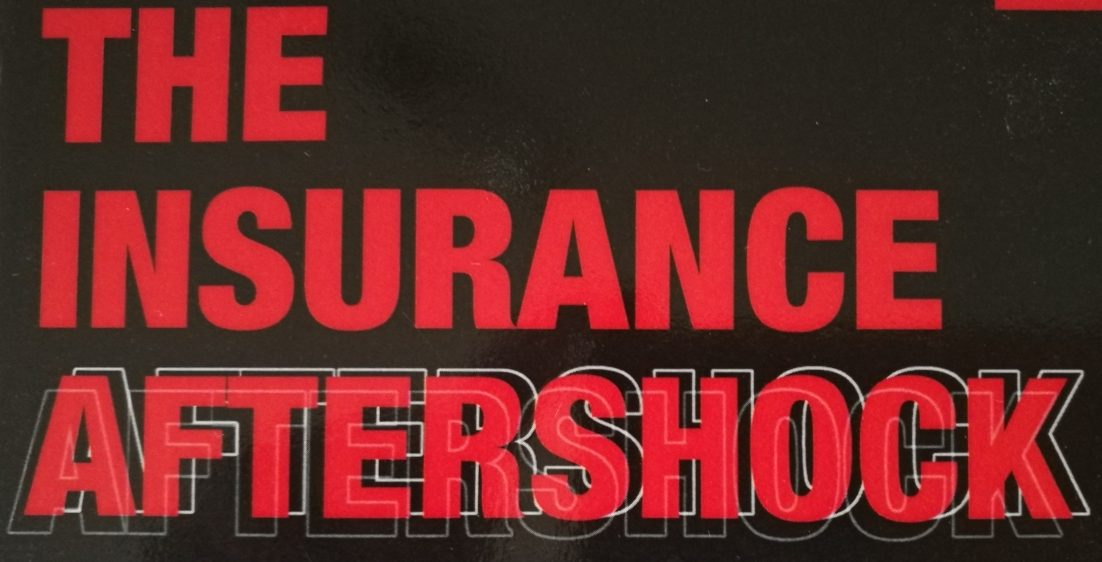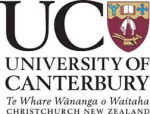The Wider Earthquake Community Action Network (WeCAN), supported by the University of Canterbury School of Law Clinical Studies Programme, are pleased to announce the formation of a law clinic project, with volunteer law student interns, to support local residents who have filed human rights claims against a number of insurance and construction companies operating in Canterbury.
The claims have been filed under the Organisation for Economic Cooperation and Development (OECD) Guidelines for Multinational Enterprises, which sets out responsibilities of companies to avoid causing or contributing to human rights violations. The New Zealand Government became signatory to the Guidelines in 1976, and made a binding committment to their implementation.
According to Steve Patterson who is leading the litigation on behalf of WeCAN, the project aims, “To hold companies accountable for their conduct or complicity, in causing, exacerbating or contributing to human rights violations in the Canterbury rebuild. Over 70 individual complaints have been filed by Canterbury residents, with the common allegations being the failure of Insurance companies to resolve claims more than three years after the earthquakes, and construction firms not starting, completing or inadequately repairing earthquake damaged homes.”
He further added, “What we are seeing from the complaints are not just vulnerable, but also hard working people living in exceptionally physically and mentally stressed environments approaching 4 years, and suffering detrimental health from the ongoing delays. These are violations of peoples’ rights to health and adequate housing under the international human rights covenants NZ has signed, which these companies need to be held to account for.”
The National Contact Point of the OECD in NZ has now requested that evidence be supplied to substantiate allegations made. However they have ruled that claims relating to EQC and Southern Response could not be included because they were part of the government. According to Brent Cairns, a WeCAN spokesperson “many were not happy with this decision and felt that they should also be held accountable.”
Professor Robin Palmer, Director of University of Canterbury Clinical Legal Studies Programme, says, “This is another example of the University of Canterbury Law School’s commitment to actively support the greater Canterbury community in accessing justice in deserving cases. We all know of the numerous cases of unfair treatment, obfuscation and delay that followed the earthquakes, and we hope that our students and staff members’ involvement in helping victims of official neglect will contribute to achieving fair and just outcomes in the end.”
http://oecdwatch.org/cases/Case_328
If you would like further information or to file a claim please go to the WeCAN website www.wecan-nz.com
Media and Contact information
WeCAN
Brent Cairns
Email: info@foreveryoung.co.nz Ph: 64 (03) 327-0066 Mob: 027 2224767
Steve Patterson
Email: steve@mcleanangling.co.nz Swiss Mob 0041 78 9329455
University of Canterbury
Professor Robin Palmer
Email: robin.palmer@canterbury.ac.nzTel: 0064-3-364 2316 ext 8818;



July 9, 2014 at 2:09 am
Insurers are clearly collaborating judging the way the policy response from all major insurers is close to identical yet the insured with a couple of exceptions like the class action are failing to pool the resources and knowledge which could be effectively used in an election year to pressure Insurers & Politicians into meaningful action. Looking through the court quake list recently it appears there are approx 200 cases with very few actually decisions and fewer decisions of any useful precedent but numerous cases withdrawn which I interpret to mean Insurers have settled confidentially so no precedent including interest/breach of contract or basis of repair/rebuild is set. I question the whole system as Judges appear to make decisions on the narrowest of basis to avoid setting a precedent and the Ridgecrest case has the potential to cost Insurers dearly but only for those who know about it, are still not settled and have multiple event claims, the actual decision i stiil due but the transcript of the court hearing is most interesting and perhaps enlightening.
LikeLike
July 9, 2014 at 2:57 am
Mike I could not agree more!
LikeLike
July 3, 2014 at 3:21 am
Nice gesture but too late for many who have either settled or have given up, it seems poor communication or lack of response is somewhat to blame as are those who complain on blogs but are not prepared to actually do anything collectively adds some credibility that Cantabrians are The Sheeple.
LikeLike
July 3, 2014 at 10:34 pm
In part Rumpole I agree with you, however to do nothing would simply not do. There are plenty of good people doing great things behind the scenes- don’t think this is over yet.
LikeLike